本書考察了從20世紀60年代開始對東京本土歷史的利用和動員所發生的四個場所:公共廣場、居住社區、道路和博物館。這四個場所中的每一個都代表了一種類型的活動,都與城市所有權以及市民們圍繞著這些所有權提出的基本訴求相關聯,也象徵了對於城市空間的一種態度。這四者一起構成了一組關於空間和物品的所有權的分類模型:屬於所有人,屬於對它進行共同佔有的一部分人,屬於那些對它進行改造的人,屬於被官方界定的遺產範圍之內。作者:喬丹·桑德,在美國喬治城大學教授日本歷史。他在東亞都市生活和物質文化等領域著述廣泛。其著作《現代日本的住宅與家庭》(House and Home in Modern Japan)曾獲得2004年的費正清獎。
Tokyo Vernacular: Common Spaces, Local Histories, Found Objects ハードカバー – 2013/7/19
内容紹介
Preserved buildings and historic districts, museums and reconstructions have become an important part of the landscape of cities around the world. Beginning in the 1970s, Tokyo participated in this trend. However, repeated destruction and rapid redevelopment left the city with little building stock of recognized historical value. Late twentieth-century Tokyo thus presents an illuminating case of the emergence of a new sense of history in the city’s physical environment, since it required both a shift in perceptions of value and a search for history in the margins and interstices of a rapidly modernizing cityscape. Scholarship to date has tended to view historicism in the postindustrial context as either a genuine response to loss, or as a cynical commodification of the past. The historical process of Tokyo’s historicization suggests other interpretations. Moving from the politics of the public square to the invention of neighborhood community, to oddities found and appropriated in the streets, to the consecration of everyday scenes and artifacts as heritage in museums, Tokyo Vernacular traces the rediscovery of the past—sometimes in unlikely forms—in a city with few traditional landmarks. Tokyo's rediscovered past was mobilized as part of a new politics of the everyday after the failure of mass politics in the 1960s. Rather than conceiving the city as national center and claiming public space as national citizens, the post-1960s generation came to value the local places and things that embodied the vernacular language of the city, and to seek what could be claimed as common property outside the spaces of corporate capitalism and the state.
レビュー
"Sand has succeeded in producing a nuanced and historicized account of preservation in Tokyo and relating preservation to the politics of creating a usable urban past."--Sally A. Hastings"Journal of Japanese Studies 41, no. 1" (03/01/2015)
"Written with grace and acuity, Tokyo Vernacular offers valuable reflections on the meanings of community, citizenship, rights, property, history, and materiality for urbanites faced with the rapid transformations of Japan's postindustrial consumer society."--David R. Ambaras"American Historical Review" (12/01/2014)
"[The book] fills an important gap in the English-language literature about Japanese heritage and preservation . . . a rich and ambitious work that achieves what it set out to do."-- (03/01/2015)
"Tokyo Vernacular has a fascinating and highly-convincing story to tell . . . a powerful historical narrative of the reconstitution of Tokyo's spatial politics."-- (11/01/2014)
"Tokyo Vernacular . . . is a treasure trove of valuable information, insights, and perspectives on a vast topic and a work that merits reading several times over so that its nuances and subtleties can begin to sink in."-- (10/01/2014)
商品の説明をすべて表示する
登録情報
- ハードカバー: 208ページ
- 出版社: Univ of California Pr (2013/7/19)
- 言語: 英語
- ISBN-10: 0520275667
- ISBN-13: 978-0520275669
|
---
Tokyo has more Michelin star restaurants than any other city in the world.
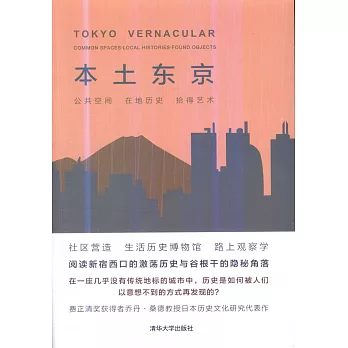
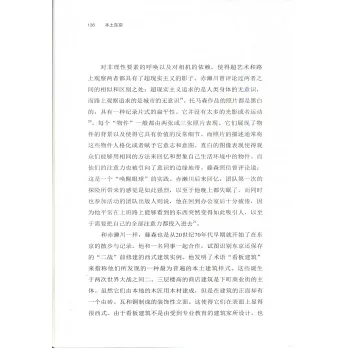


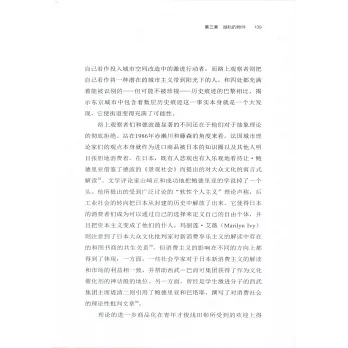
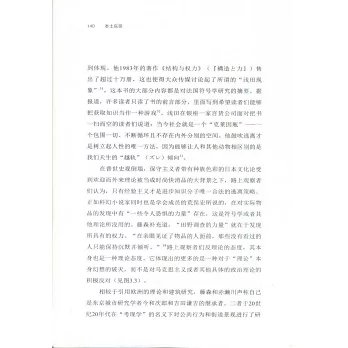
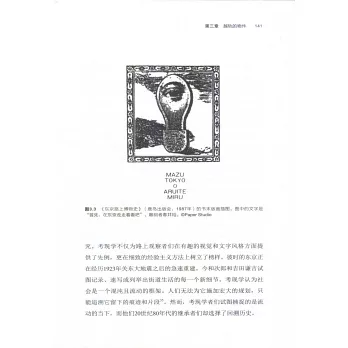

沒有留言:
張貼留言
注意:只有此網誌的成員可以留言。